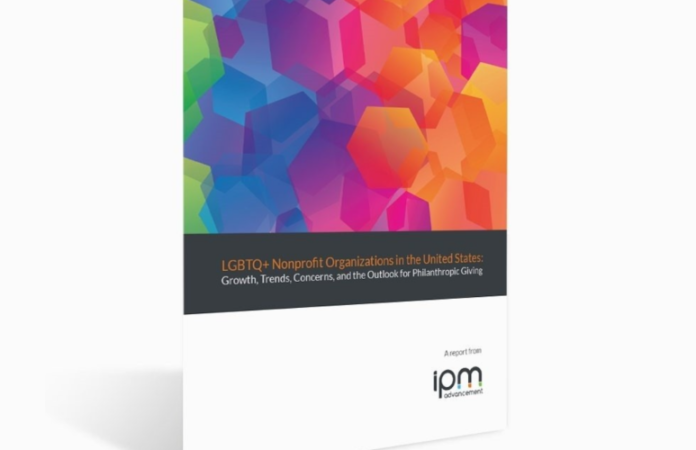Funding for LGBTQ+ Nonprofits Up, Advocacy Remains Patchy

The total number of nonprofits that exclusively concentrate their resources on the lesbian, gay, bisexual, transsexual and queer or questioning (LGBTQ+) population grew by more than 12%, from 428 to 483, between 2015 and 2019. But, the growth was sporadic: several states, primarily concentrated in the Midwest, South, and Northwest regions of the United States, do not have nonprofits explicitly dedicated to these communities.
While no individual states saw a significant increase or decrease in the number these organizations, existing organizations are becoming better funded. In 2017, LGBTQ+ nonprofits surpassed $1 billion in annual revenue for the first time, with increases in three major revenue categories – contributions, government grants and program revenue – each experiencing growth of more than 10%, according to LGBTQ+ Nonprofit Organizations in the United States: Growth, Trends, Concerns, and the Outlook for Philanthropic Giving, a report from IMP Advancement, a Phoenix-based nonprofit advocacy, fundraising and membership agency.
Between 2015 and 2019, individual and foundation giving to these organizations grew by 36%, or $145 million. On a percentage basis, membership dues saw nearly a 50% increase, primarily because that jump represented only $3 million in actual increased revenue. Government grants increased by almost one third, adding $74 million to LGBTQ+ nonprofit coffers during those four years.
While the authors stopped short of correlating the increased fortunes of LGBTQ+ nonprofits with the 2016 election of President Donald J. Trump, between 2016 and 2017 these organizations realized an 18.6% increase in philanthropic contributions, compared with overall nonprofit sector donation growth of 2.7% during the same period.
“With millions of Americans identifying as LGBTQ+, and with threats to this community ongoing and seemingly increasing, we felt there was a need to better understand how many LGBTQ+ nonprofits are serving communities across the U.S.,” said Russ Phaneuf, co-founder of IPM Advancement’s co-founder and managing director and chief strategist Russ Phaneuf said in a statement.
Organizations appear to prioritize serving their communities over lobbying for larger-scale changes. While the $1 million organizations spent on lobbying during 2019 was a high-water mark for this line item during the 2015-2019 period studied, the number of organizations funding lobbying has been trending downward.
“[W]hile government funding to LGBTQ causes has increased, very few of the identified organizations are actively engaged in lobbying – which we see as a missed opportunity,” the study’s lead researcher Colton Strawser said in a statement.
The study’s authors offered several recommendations for LGBTQ+ organizations seeking to boost their fortunes, including:
- Taking advantage of government funding opportunities by tapping into federal resources available for protecting civil rights, as well as (when applicable) those available for serving historically underserved communities, which often have a high preponderance of LGBTQ+ individuals.
- Initiating or expanding membership fundraising campaigns by offering exclusive access to events or other benefits.
- Decreasing the emphasis on planned giving, which, as LGBTQ+ couples have gained the right to marry and raise children, may result in a shift in inheritance priorities. Alternatively, LGBTQ+ organizations should test whether aggressively promoting these programs locks in funding while the trend toward family-focused bequeaths is still taking root.
- Above all, highlight the need for advocacy and support services funding as a result of recent increases in discriminatory policies and laws. For organizations not used to this type of fundraising, messaging tones employed by political and advocacy campaigns may inspire messages with an appropriate level of urgency.
Additional details are available here: https://www.ipmadvancement.com/report







